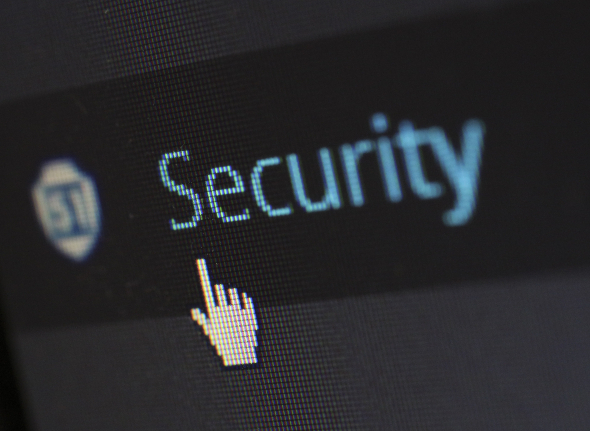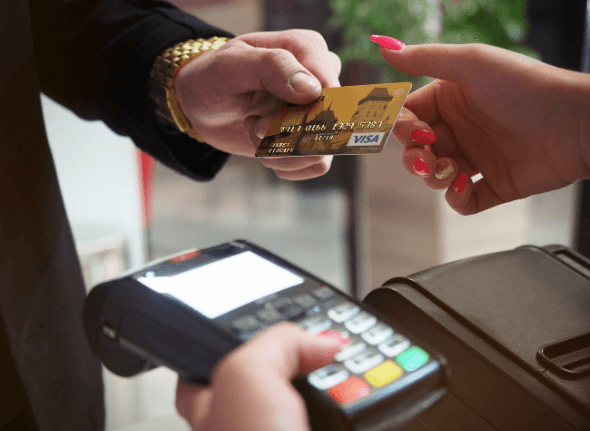How can I pay my bills?
Managing and paying for bills can be tricky to keep on top of, read this article to learn about how to keep track and pay your bills.


What are bills?
Bills are the money you owe for things or services. They can include:
- Regular outgoings, such as rent, electricity or streaming services
- One-off costs for repairs, new work or purchases, such as getting your phone fixed or buying new clothes
- Credit card payments
Some bills you pay before you’ve used the product or service. This often applies to things like rent, where typically you pay for the month ahead. This is called payment in advance or upfront.
Other bills you pay after you’ve used a service. So you usually pay for a haircut after the hairdresser has finishing cutting your hair. This is called payment in arrears.
Some bills are split. You may pay some money beforehand (sometimes called a deposit) and some afterwards.
What are bills?
Bills are the money you owe for things or services. They can include:
- Regular outgoings, such as rent, electricity or streaming services
- One-off costs for repairs, new work or purchases, such as getting your phone fixed or buying new clothes
- Credit card payments
Some bills you pay before you’ve used the product or service. This often applies to things like rent, where typically you pay for the month ahead. This is called payment in advance or upfront.
Other bills you pay after you’ve used a service. So you usually pay for a haircut after the hairdresser has finishing cutting your hair. This is called payment in arrears.
Some bills are split. You may pay some money beforehand (sometimes called a deposit) and some afterwards.
Ways to pay your bills
You can pay your bills in a range of ways:
Cash, bank transfers and debit cards
This means paying in cash or making a one-off payment with money you have in your bank account. This could be by bank transfer – when you move money online from your account to the account you owe, or by debit card.
Direct debit
A direct debit is a payment you can set up with your bank to pay your bills automatically. You need to set up a direct debit for each bill. You will be told how much will be taken from your account in advance.
There are different types of direct debit. Some pay the amount owed in full. Others spread payment over a period of time. When you spread payments, you may pay slightly more than if you pay in one go.
Standing order
Standing orders are regular payments for a fixed amount, usually on the same date each month. They are often used as a way of splitting a big fixed cost where you may have agreed to pay a certain amount over a certain time period. Standing orders are also handy if you want to make regular payments into a savings account. You can set up a standing order for a fixed period of time or on an ongoing basis.
See more on Direct Debits and Standing Orders at Money Helper.
Credit card
Paying for something on credit card means you don’t pay for it straight away. But if you don’t pay your balance in full when you get your credit card bill, you will be charged interest. This means something which cost a small amount can soon end up costing you much more. Some people end up owing money they can’t pay back.
Learn more about credit cards at Moneyhelper.
Continuous card payment
This is an ongoing charge which is automatically taken from your debit or credit card. For example, you could choose to pay for streaming services each month this way.
Buy now, pay later
Buy now, pay later services allow you to shop online or in store without paying when you make your purchase. Instead, you spread the cost of your item over a few weeks. There are no fees or interest if you make your repayments on time, but charges apply if you miss instalments. Again, some people end up owing money they can’t pay back.
Learn more about Buy Now, Pay Later on Money Saving Expert
Ways to pay your bills
You can pay your bills in a range of ways:
Cash, bank transfers and debit cards
This means paying in cash or making a one-off payment with money you have in your bank account. This could be by bank transfer – when you move money online from your account to the account you owe, or by debit card.
Direct debit
A direct debit is a payment you can set up with your bank to pay your bills automatically. You need to set up a direct debit for each bill. You will be told how much will be taken from your account in advance.
There are different types of direct debit. Some pay the amount owed in full. Others spread payment over a period of time. When you spread payments, you may pay slightly more than if you pay in one go.
Standing order
Standing orders are regular payments for a fixed amount, usually on the same date each month. They are often used as a way of splitting a big fixed cost where you may have agreed to pay a certain amount over a certain time period. Standing orders are also handy if you want to make regular payments into a savings account. You can set up a standing order for a fixed period of time or on an ongoing basis.
See more on Direct Debits and Standing Orders at Money Helper.
Credit card
Paying for something on credit card means you don’t pay for it straight away. But if you don’t pay your balance in full when you get your credit card bill, you will be charged interest. This means something which cost a small amount can soon end up costing you much more. Some people end up owing money they can’t pay back.
Learn more about credit cards at Moneyhelper.
Continuous card payment
This is an ongoing charge which is automatically taken from your debit or credit card. For example, you could choose to pay for streaming services each month this way.
Buy now, pay later
Buy now, pay later services allow you to shop online or in store without paying when you make your purchase. Instead, you spread the cost of your item over a few weeks. There are no fees or interest if you make your repayments on time, but charges apply if you miss instalments. Again, some people end up owing money they can’t pay back.
Learn more about Buy Now, Pay Later on Money Saving Expert.
What to do if you can’t pay a bill
There are lots of things you can do if you’re struggling to pay a bill.
-
- Check out Citizens Advice website for more details about managing money and how to seek help.
- It’s really important that you understand all of the facts before taking out something like a loan, have a look at Compare the Market’s guides to learn more.
- If you are affected by the Cost of Living Crisis, have a look at the Government’s guides to learn what support you can get.
Related

How can I avoid online fraud and scams?
[rt_reading_time...

How does borrowing money work?
[rt_reading_time...
